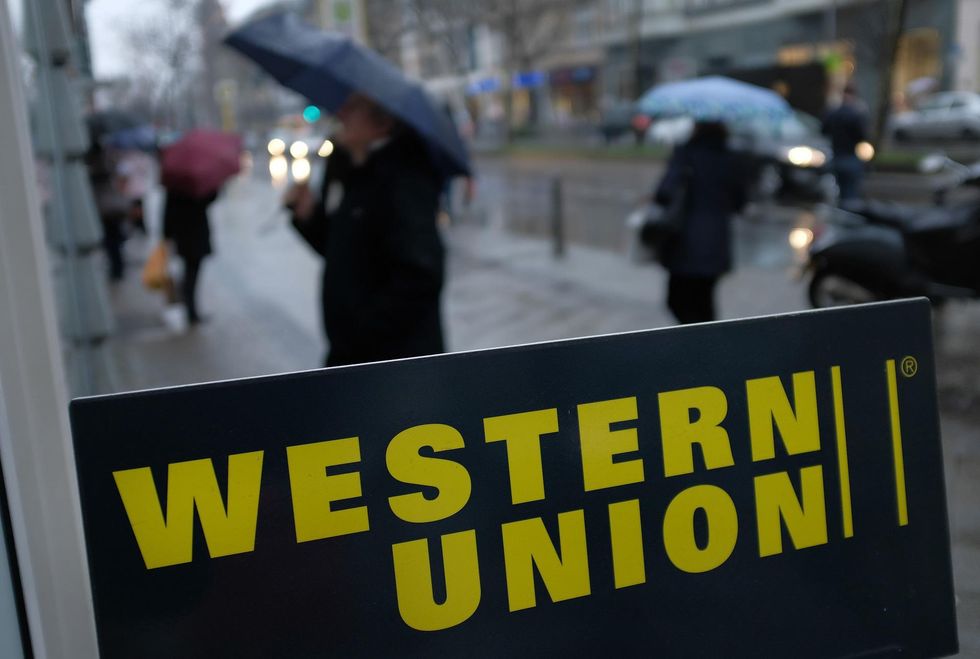
A settlement paid by Western Union to the federal government is being used to pay back some victims of the 'Nigerian Prince' scam. (Sean Gallup/Getty Images)

The notorious "Nigerian Prince" scam has been used to swindle countless consumers for more than a decade, with ordinary citizens losing their savings to fraudsters promising millions in return.
Several variations of deception have been used in the scheme, but the general idea is that the crooks use very convincing tactics to get sympathetic victims to send them money or share their banking information.
In return, the "Nigerian Prince" offers they will be re-paid a fortune through an intricate channel. Some victims communicated with the scammers for years, sending multiple payments - with at least one victim being lured to Nigeria where they were subsequently imprisoned.
As one of the longest-running scams in the U.S., multiple attorneys general have made it their mission to seek restitution for victims. Just in New York alone, Attorney General Barbara Underwood's office estimated that 30,000 people lost a rough total of $35 million to offshore con artists.
It turns out, global money-wiring service Western Union admitted to the Federal Trade Commission that the company was aware (for several years) that some of their own employees were assisting in the fraudulent transactions, but had looked the other way.
Western Union agreed to a settlement with the feds last year, and paid $586 million to set up a fund for repaying victims.
Thanks to the funds from the Western Union settlement, Kansas Attorney General Derek Schmidt reported last week that his office had helped over 300 victims receive a total of $1,758,988 in refunds from the Nigerian Prince scam.
One of those victims was self-made handyman Fred Haines of Wichita, who reportedly lost $110,000 to the fraud. And because Haines kept meticulous records of the transactions, he was able to submit his Western Union receipts to the attorney general's office and was granted a refund for the total.
Haines said that when he was first approached via email by the cons, he thought it was a joke or a scam. Yet over the course of years that he communicated with them, Haines mortgaged his home three times to wire more funds in hopes of receiving the $580 million he was promised.
He told The Kansas City Star, "Those Nigerians know how to talk." In an effort to keep the scam going, the criminals even sent Haines bogus letters — one purportedly from then-FBI director Robert Mueller, and another from the president of Nigeria, himself.
But after what he's been through, Haines advice to others is: "Boy, if you get any information from Nigeria...ignore it."